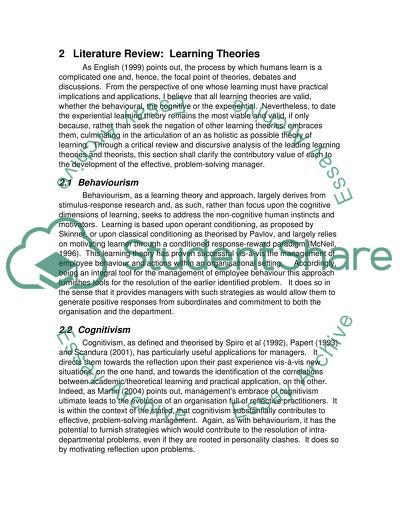Cite this document
(“Research and Study Skills for Managers Essay Example | Topics and Well Written Essays - 2500 words”, n.d.)
Research and Study Skills for Managers Essay Example | Topics and Well Written Essays - 2500 words. Retrieved from https://studentshare.org/miscellaneous/1539404-research-and-study-skills-for-managers
Research and Study Skills for Managers Essay Example | Topics and Well Written Essays - 2500 words. Retrieved from https://studentshare.org/miscellaneous/1539404-research-and-study-skills-for-managers
(Research and Study Skills for Managers Essay Example | Topics and Well Written Essays - 2500 Words)
Research and Study Skills for Managers Essay Example | Topics and Well Written Essays - 2500 Words. https://studentshare.org/miscellaneous/1539404-research-and-study-skills-for-managers.
Research and Study Skills for Managers Essay Example | Topics and Well Written Essays - 2500 Words. https://studentshare.org/miscellaneous/1539404-research-and-study-skills-for-managers.
“Research and Study Skills for Managers Essay Example | Topics and Well Written Essays - 2500 Words”, n.d. https://studentshare.org/miscellaneous/1539404-research-and-study-skills-for-managers.


